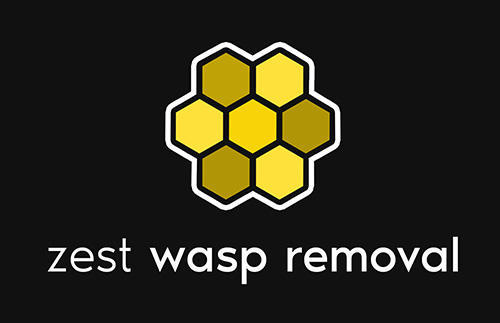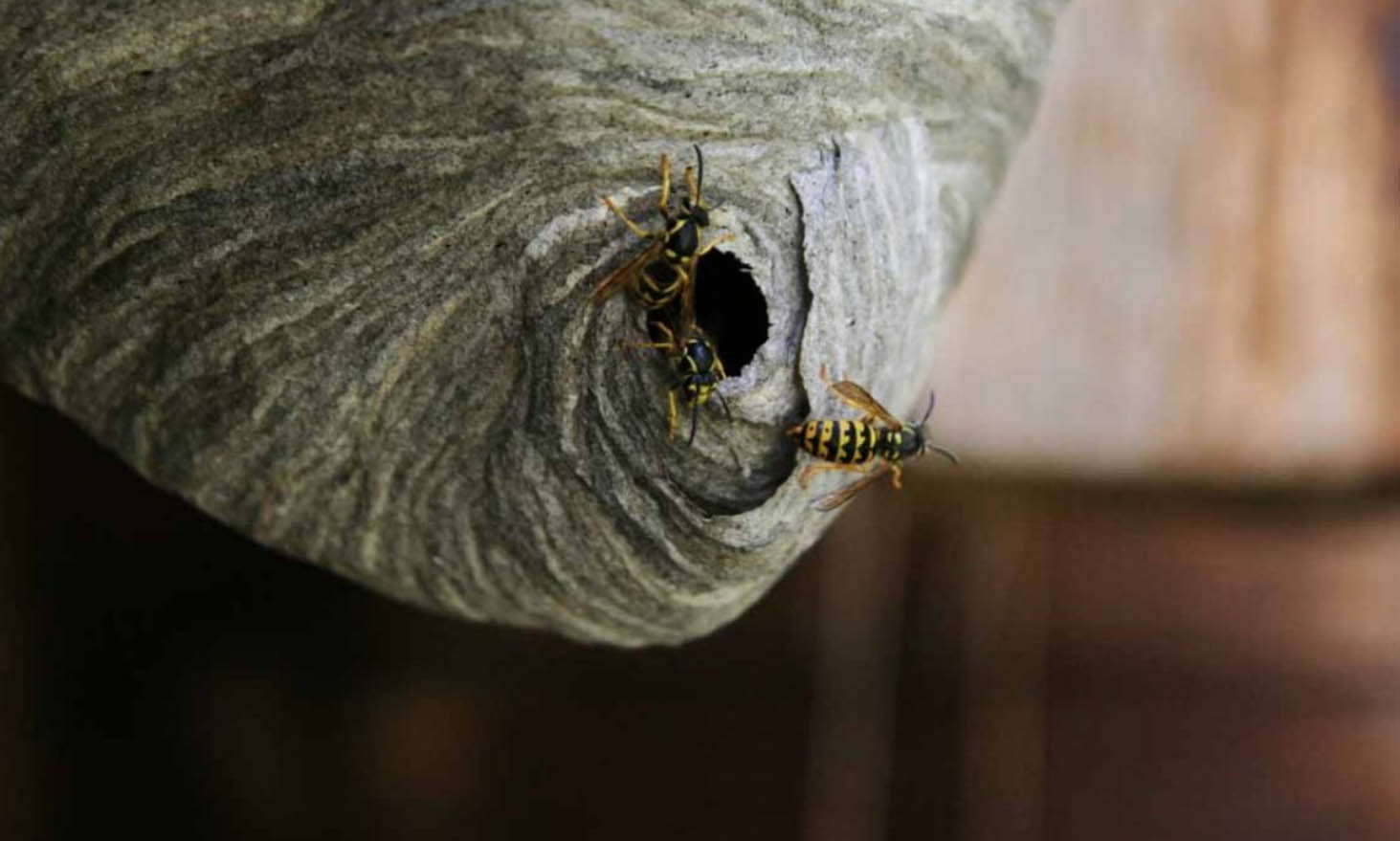Wasps are typically seen during late spring and early autumn, depending on the weather and temperature.
However, we don’t usually think of these months as wasp season in the UK, yet it’s time when wasp removal services are at their busiest.
As the temperature starts warming up in April, the queen wasps that survived the winter being forming new colonies. Wasps typically choose to build their colonies in sheltered areas, such as loft spaces, garages, sheds, and areas where human and animal disturbances are less likely. When a suitable location is found, the queen lays eggs which later become drones or workers. By the beginning of May, the worker wasps emerge and continue to build the hive, while the queen continues to populate the colony. Due to how small a colony is at this time, and how few wasps there are, wasps nests are easier to remove even with DIY methods.
As the months go by, the number of wasps increases dramatically – peak wasp season. Sometimes a nest can contain thousands of wasps, and the location of their nest becomes more obvious as workers fly in and out. This also means it’s more difficult for anyone to use DIY removal methods. Only a professional pest controller can deal with such a large nest.
Wasp season draws to a close between August and September, as the queen leaves the nest and reproduces with the males to create new queen wasps. Many of the male wasps also die off, leaving the queen to hibernate through winter, and once again, the cycle continues.
What do you do if you suspect a wasp infestation?
Before calling an expert, ensure you have located the nest. Observe which direction wasps fly to and from and their location will be revealed. Try to ascertain how big the nest is before approaching it. Consider what time of year it is, and if summertime is well underway, it’s best to avoid disturbing the nest with DIY approaches.
Whether you’ve located a nest, or are in doubt, always call a pest control professional who will assess the area.
A professional will have the tools and skill to safely eradicate the nest without provoking thousands of wasps to sting you or anyone else in the vicinity.

